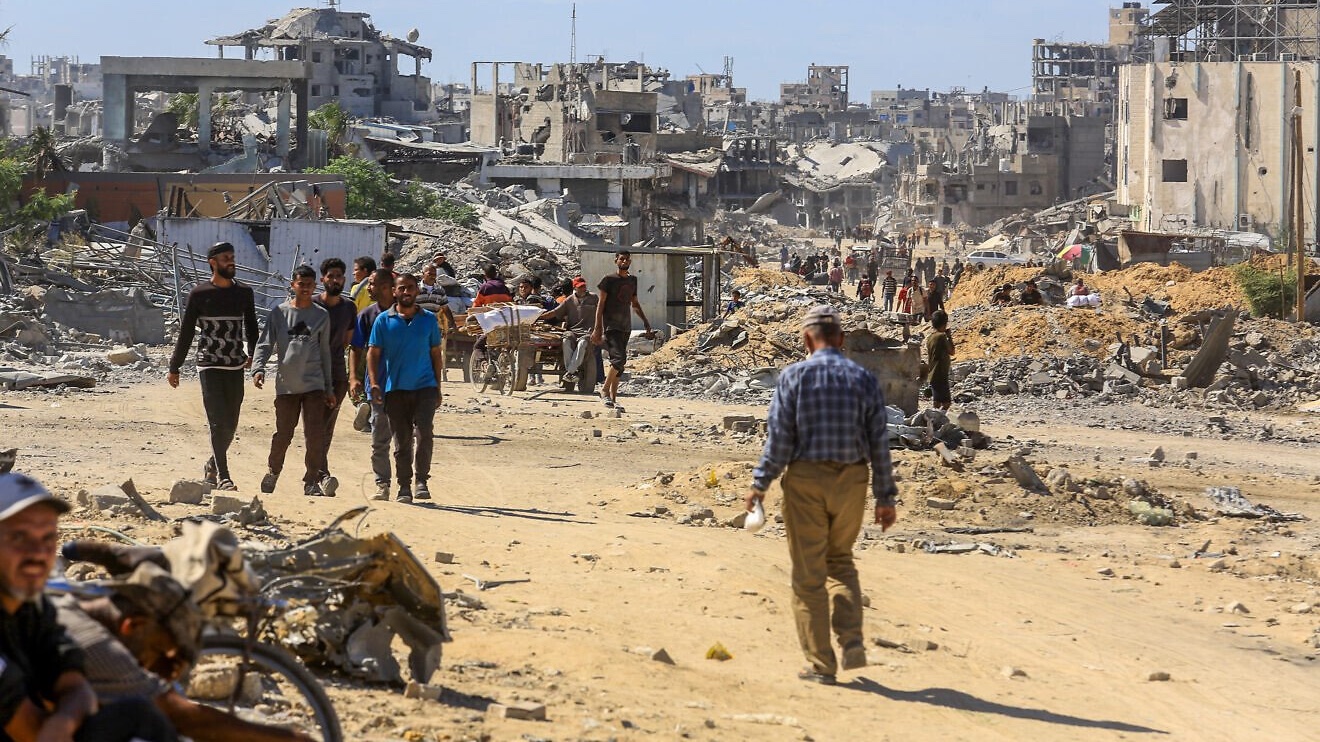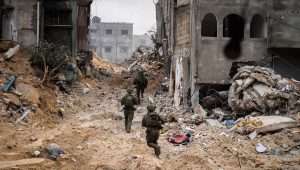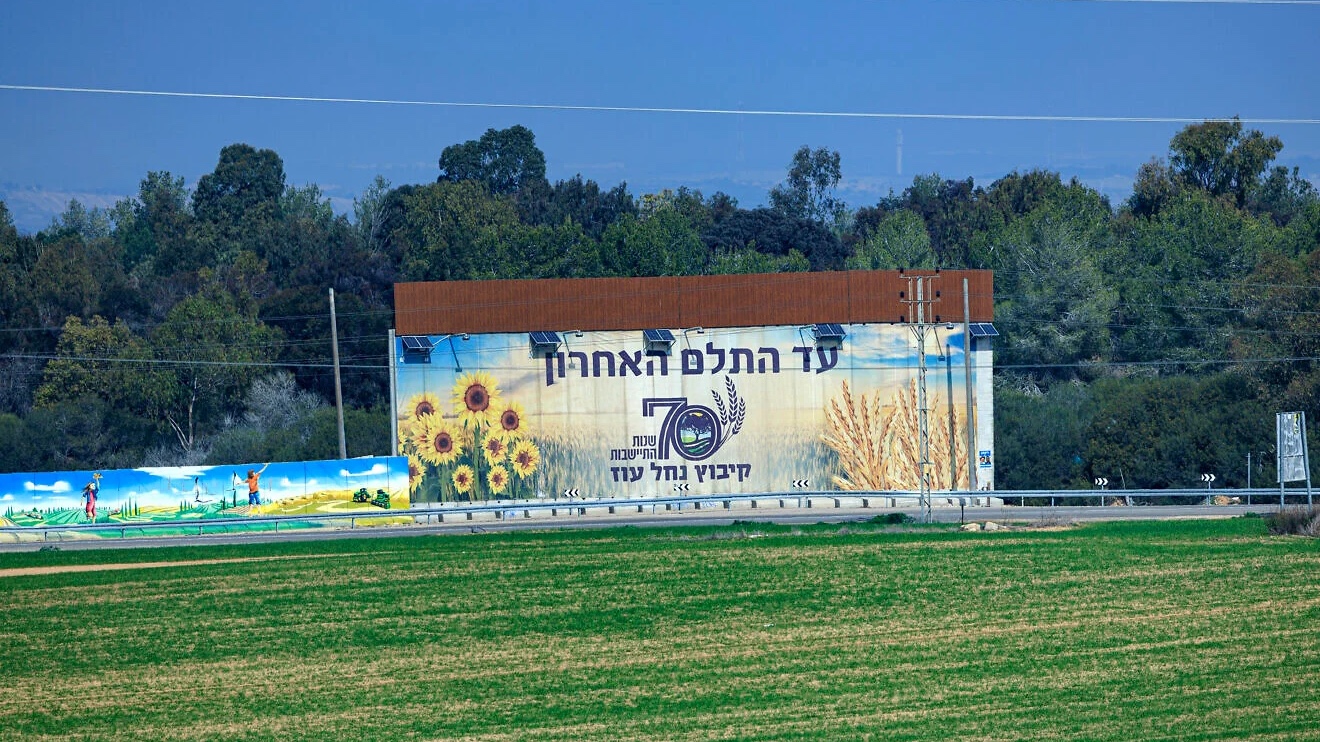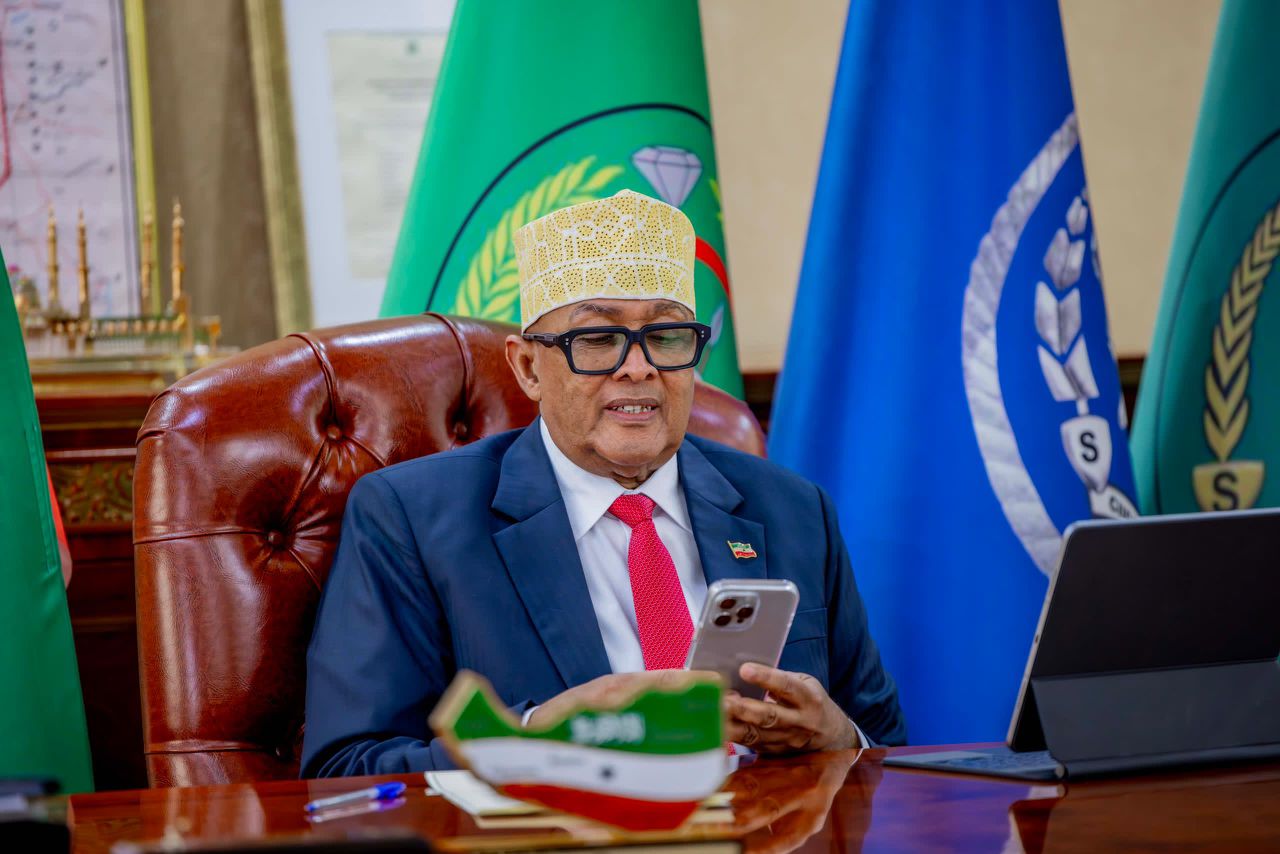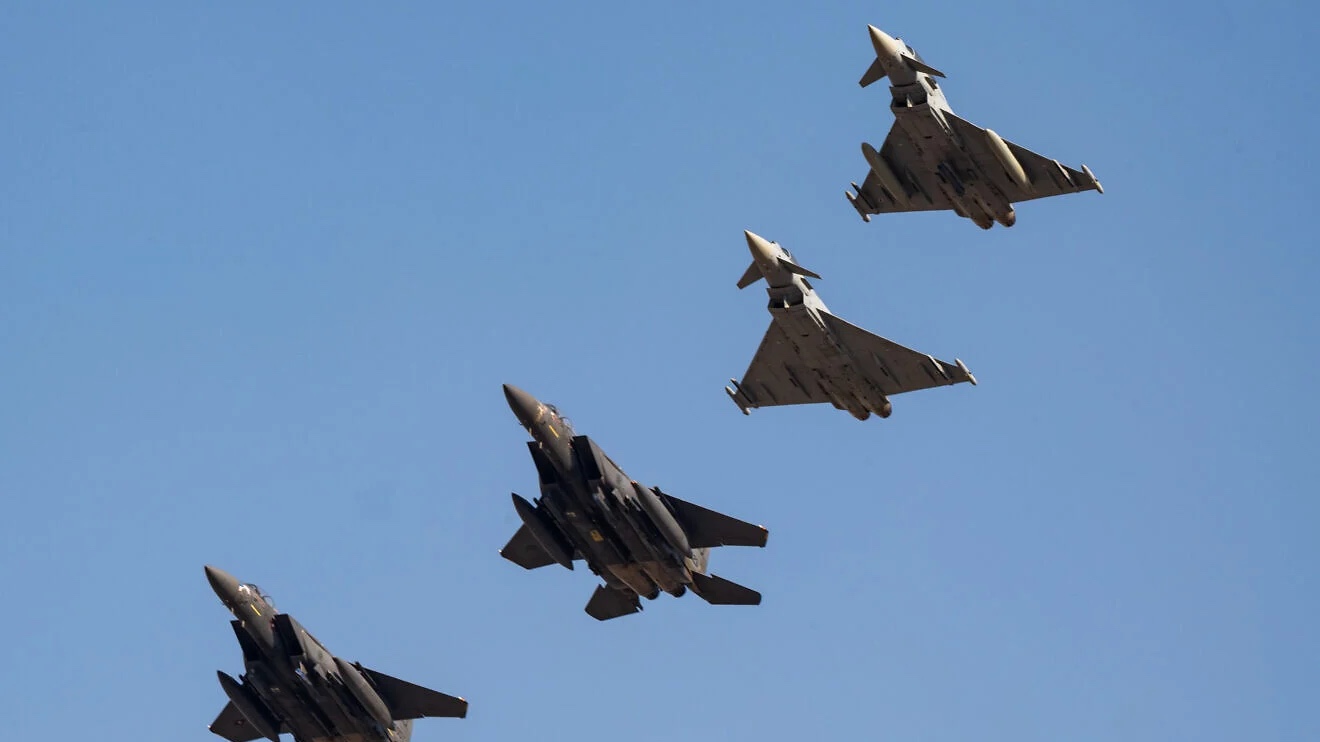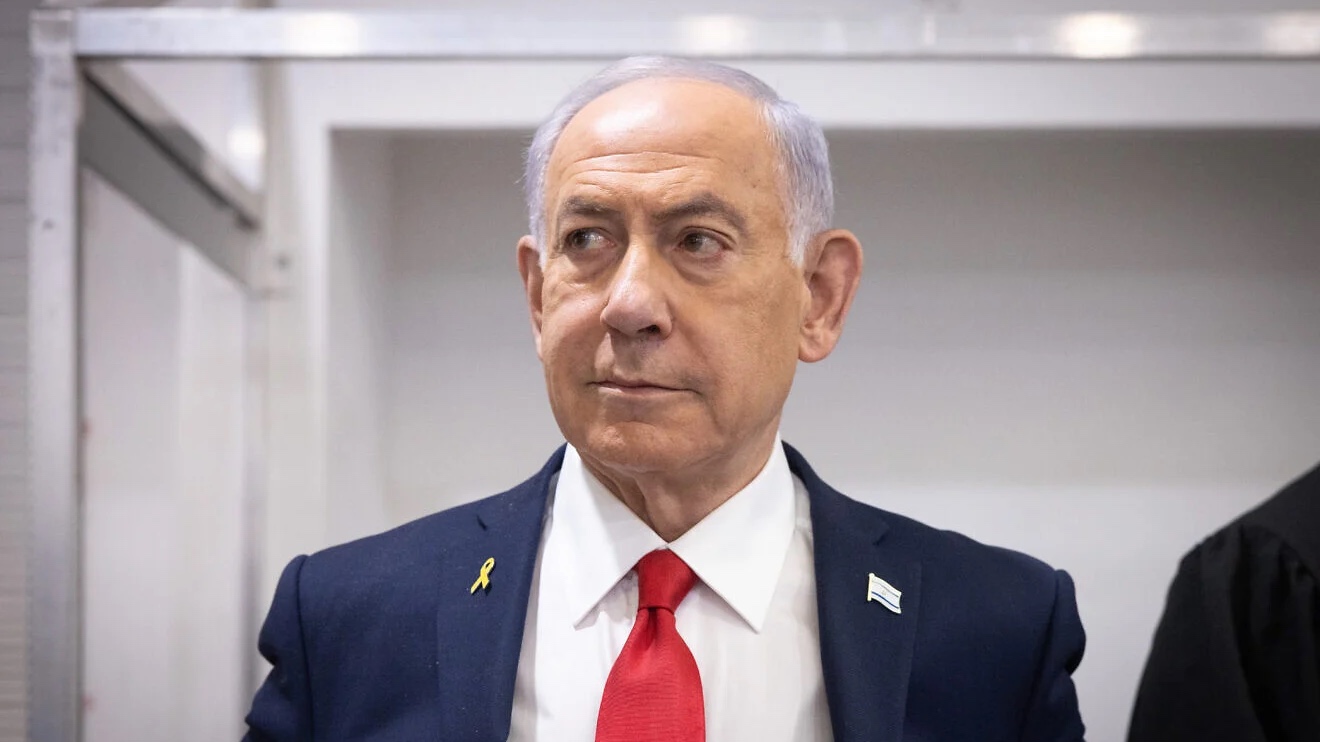(JNS) US and European officials are moving forward with a United Nations Security Council draft resolution that would authorize an international stabilization force (ISF) to assume broad security control over the Gaza Strip. Washington is pushing for the force to operate under a UN mandate but without the full status of a traditional peacekeeping mission, modeled instead on the international contingent deployed in Haiti to confront armed gangs.
The ISF is an integral part of the 20-point Trump plan and is envisioned as “a long-term internal security solution” for Gaza. Under the terms of the proposal, “the IDF will progressively hand over the Gaza territory it occupies to the ISF … until they are withdrawn completely from Gaza, save for a security perimeter presence that will remain until Gaza is properly secure from any resurgent terror threat.” Ultimately, the ISF is to be charged with securing the Egyptian and Israeli borders from potential infiltrations as well as “to prevent munitions from entering Gaza and to facilitate the rapid and secure flow of goods to rebuild and revitalize Gaza.”
Beyond its role as a peacekeeping force, the ISF is also envisioned as a bridge between an emerging board of international leaders, chaired by President Donald Trump, known as “the Board of Peace,” and an envisioned technocratic Palestinian government that is to take control of Gaza once Hamas is disarmed. The ISF is to be under the direct authority of the Board of Peace, and the Trump administration has made clear that any UNSC mandate would only expand the sovereignty of the force rather than placing it under UN control. The ISF is intended to be a tool for the board of peace to strengthen a committee of 15 Palestinian technocrats who will be charged with governing Gaza and to train and support a “vetted Palestinian police force,” in coordination with Egypt and Jordan.
While multiple countries have reportedly expressed interest in contributing troops to the ISF, very few have actually committed. Currently, the main contenders for participation in the ISF are Egypt, Azerbaijan, Indonesia and Turkey. Indonesia is the only country to openly commit to sending troops, saying they were willing to deploy 20,000 soldiers to Gaza in September. Pakistan and Malaysia have also indicated that they are possibly interested in contributing to the peacekeeping force. Last week, Trump administration officials said that “many of the different Arab and Muslim countries” have also privately committed to contributing troops. According to Arab sources, the United Arab Emirates and Qatar will not directly contribute troops to the ISF but will assist with funds or training. The force is estimated to require at least three to four divisions in addition to naval assets and air support to effectively carry out its role.
Several Western countries have also said they are willing to assist with the ISF operation without actually placing boots on the ground in Gaza. United States Central Command (CENTCOM) has already sent over a team of over 200 troops to oversee and enforce the ceasefire. In addition, the US Security Coordinator’s Office (USSC), headquartered in Israel, has already outlined plans to establish a Palestinian security force focused on policing duties in Gaza. Training is expected to ramp up in Jordan at US-backed facilities such as the Jordan International Police Training Center, with Washington emphasizing close coordination with Israel to ensure that recruitment and training processes maintain Israeli approval. Britain has also sent advisers to Israel to coordinate with US officials on the ground, trying to implement the second stage of the Trump deal. Reports further indicate that British officials have already begun setting up logistics to assist in training a potential Palestinian police force.
Despite the broad support and investment, questions still linger about the ISF’s capacity to effectively enforce various aspects of the Trump plan. The disarmament of Hamas, the demilitarization of Gaza, the securing of humanitarian shipments into Gaza, or even regular policing, all would require a clear mandate and willingness to use force, as well as military professionalism. International peacekeeping forces, such as the UNIFIL force, which has operated in Lebanon since 1982, have historically failed to successfully pacify areas under their control due to a lack of capacity or desire to militarily engage with transgressing parties, as well as due to a lack of group cohesion.
“When you have a broad variety of countries participating in a peacekeeping force with different organizational cultures, different military doctrines and different interests, then it is almost impossible for the force to operate as a coherent unit,” Professor Kobi Michael, a senior researcher and expert in peacekeeping and state-building operations at the Institute for National Security Studies (INSS), told JNS.
Michael explained there was little chance that ISF would be able to take on Hamas in any serious way. “If the ISF operates in areas with no Hamas presence, they have a higher probability of succeeding. If they operate in areas where Hamas is present, they will fail immediately. They do not even have a slight chance to succeed,” he said.
Michael added that the success of the ISF will largely be dependent on their collaboration with the IDF.
“Broad and consistent cooperation with the IDF will significantly ease the functioning of the ISF. If the cooperation is obstructed, then it will be very difficult for the ISF to do its mission because there will constantly be tension that will be exploited by Hamas to rebuild,” he added.
Egypt’s central role in the ISF
As the ISF concept advances, attention is turning to Egypt, which is expected to assume the leading role in commanding and shaping the new force. Cairo’s motivations go far beyond symbolism. Dalia Ziada, Middle East scholar and Washington, DC, coordinator at the Institute for the Study of Global Antisemitism and Policy (ISGAP), told JNS: “The primary motive is definitely border security. Sinai has always been a source of trouble for the Cairo leadership, mainly because of its proximity to the most complicated conflict in the Middle East and the fact that it is the only gateway to and out of Gaza.” After the Arab Spring, she noted, Sinai became “a hotbed for terrorists from Hamas, Palestinian Islamic Jihad, and Islamic State,” and Egypt’s military remains deeply wary of any postwar spillover into its territory.
To prevent a repeat of the instability that once gripped Sinai, Egypt has drawn firm “red lines” for any future Gaza arrangement: no displacement of Gazans into Sinai, no re-emergence of Hamas control on the border, and no infiltration by ISIS remnants. According to Ziada, this explains “why Egypt is careful to be fully involved in the security fostering process inside Gaza, so it can shape, rather than merely watch, Gaza’s post-war security order.” Acting as the ISF’s lead partner would allow Cairo to “hardwire those red lines into the force’s mandate and keep Sinai insulated and Egypt’s national security protected.”
Still, Egypt’s ambitions are not purely tactical. Ziada emphasized that beyond national security comes the “prestige and the retention of its historic regional role,” which the Sisi government views as critical to sustaining domestic legitimacy amid a grinding economic crisis. Cairo also sees leadership of the ISF as a rare opportunity to reassert its influence in Arab politics after years of relative decline. According to Ziada, “a US-designed security architecture in Gaza endorsed with UN legitimacy and the recognition of the international community is exactly what Cairo prefers,” since it allows Egypt to anchor its regional relevance in cooperation with Washington while maintaining the appearance of multilateral consensus.
However, questions remain about whether Egypt is capable of fulfilling such an ambitious role. Ziada cautioned that “this same army has failed before to control terrorism, partially instigated by Hamas in Sinai, and has repeatedly failed to control the tribes in Sinai from smuggling with Hamas and other terrorist factions in Gaza.” The Egyptian military would also have to operate under additional constraints, balancing a need to coordinate with Israel, with domestic public opinion, which broadly sees Israel in an incredibly negative light.
Michael, for his part, said it wasn’t clear that Egypt would operate in good faith if put into a leadership role at the ISF. “The Egyptians have no real interest in advancing prosperity in the Gaza Strip. They want that Israel will keep bleeding because it weakens Israel and that advances Egypt in its geostrategic competition,” he said.
The challenge of including Turkey, Qatar and Pakistan
Even as Egypt positions itself to lead the ISF, the broader composition of the ISF remains fraught with political complications. Several of the Muslim-majority states mentioned as potential contributors, most notably Turkey, Qatar and Pakistan, maintain adversarial relations with Israel and have, in varying degrees, extended political or material support to Hamas. For Jerusalem, the prospect of such actors operating along its border under an international mandate is a nonstarter. Turkish President Recep Tayyip Erdoğan has long portrayed Hamas as a legitimate “resistance movement,” and Ankara continues to host senior Hamas officials despite international pressure. Qatar, for its part, has served for years as Hamas’s principal financial lifeline, funding Gaza’s civil infrastructure and paying government salaries in coordination with the group. The inclusion of either country in a Gaza stabilization mission, Michael noted, could undermine the credibility of the entire enterprise before it even begins. “If Qatar and Turkey are part of the ISF, then their interests are completely contradicting the interests of Israel, Egypt and the Gulf states,” he said. “Qatar and Turkey have a direct interest in preserving Hamas which essentially means they have a direct interest that the ISF fails,” he added.
For Israel, allowing these countries to play a leading role in the ISF, or in Gaza’s reconstruction, would almost certainly spell failure for Israel’s war objectives. Turkey’s military presence in Gaza would almost certainly deepen, rather than resolve, the underlying security crisis. Ziada warned that such involvement “will further embolden Hamas and other terrorist factions, due to the long-established ties between Hamas, the global network of the Muslim Brotherhood, and the leadership in Turkey.” Michael added that Turkish presence in Gaza could actually militarily threaten Israel.
“The idea that Turkish soldiers will be on Gazan soil is incredibly dangerous. It will lead the Turks to try to create massive constraints on Israel in terms of its freedom of action in Gaza,” he explained. “They will use the opportunity to expand the military pressure on Israel, which will now not only be coming from the north in Syria but also from the south in Gaza,” he added.
Pakistan’s participation poses a more subtle dilemma. While Islamabad has no direct role in Gaza, it maintains close defense and diplomatic ties with Turkey and shares much of its Islamist political vocabulary. Ziada noted that “Pakistan is still an ally much closer to Turkey than it is to Egypt or Saudi Arabia or any other Arab country,” and that its involvement could tilt the ISF’s balance of power toward Ankara. Beyond that, Pakistan’s historically strained relationship with Israel, formally lacking diplomatic recognition, raises practical questions about intelligence sharing and command coordination. A Pakistani or Turkish presence in Gaza would therefore make it difficult for Israel to fully cooperate with the ISF, especially in sensitive operations along the border.
By contrast, the inclusion of states such as Azerbaijan and Indonesia has drawn quieter approval from Israeli officials. Both countries are Muslim-majority but maintain working relationships with Israel: Baku is a long-time strategic partner in the Caucasus, sharing intelligence on Iran, while Jakarta, despite lacking formal ties, has taken a more pragmatic, development-oriented stance on Gaza reconstruction. Their participation would lend the ISF a degree of Muslim legitimacy without empowering actors tied to Hamas or the Muslim Brotherhood. In effect, the choice of which countries form the backbone of the force may determine whether the ISF becomes a viable mechanism for postwar stabilization, or another diplomatic experiment doomed by conflicting agendas.
Want more news from Israel?
Click Here to sign up for our FREE daily email updates


